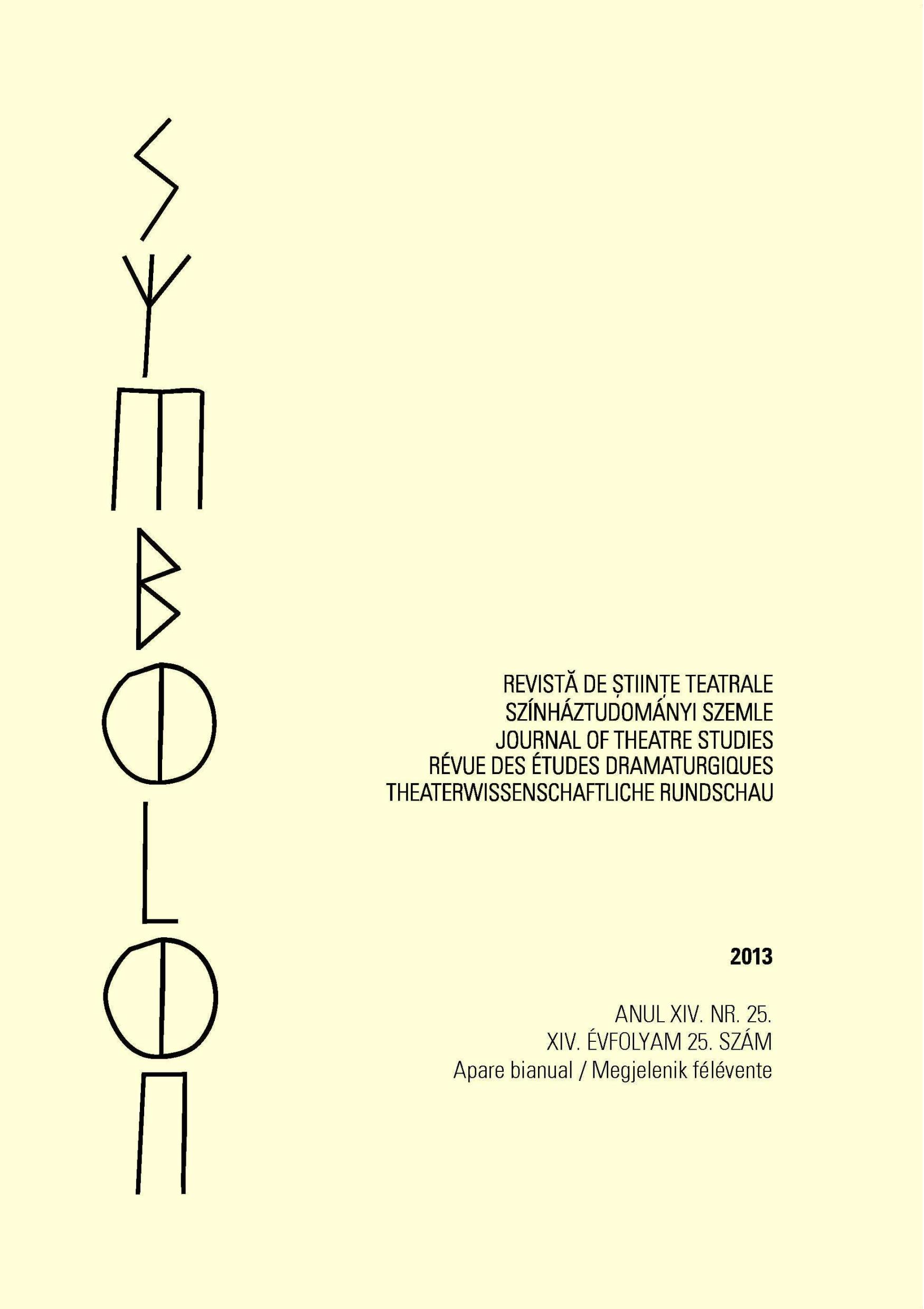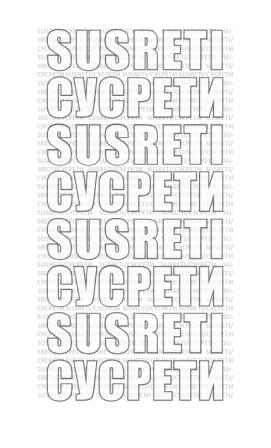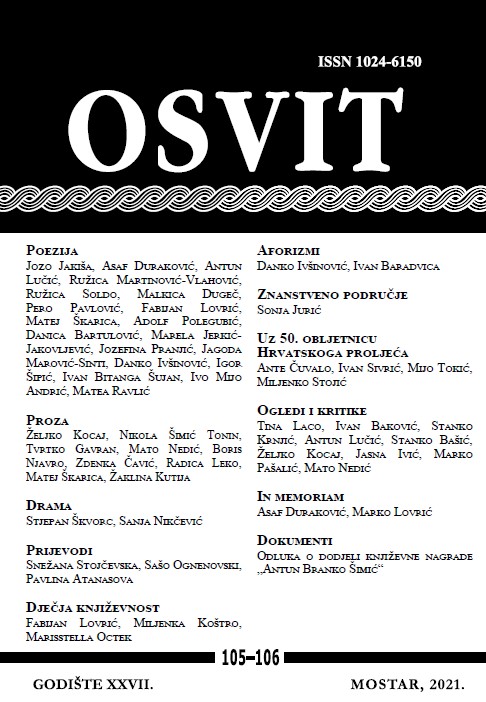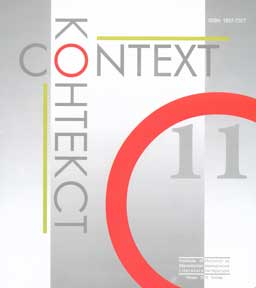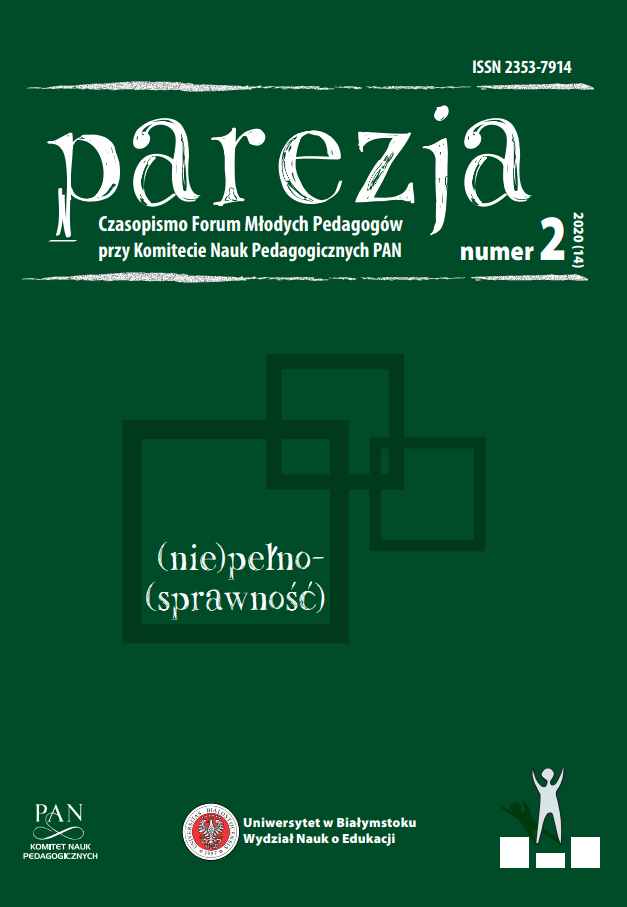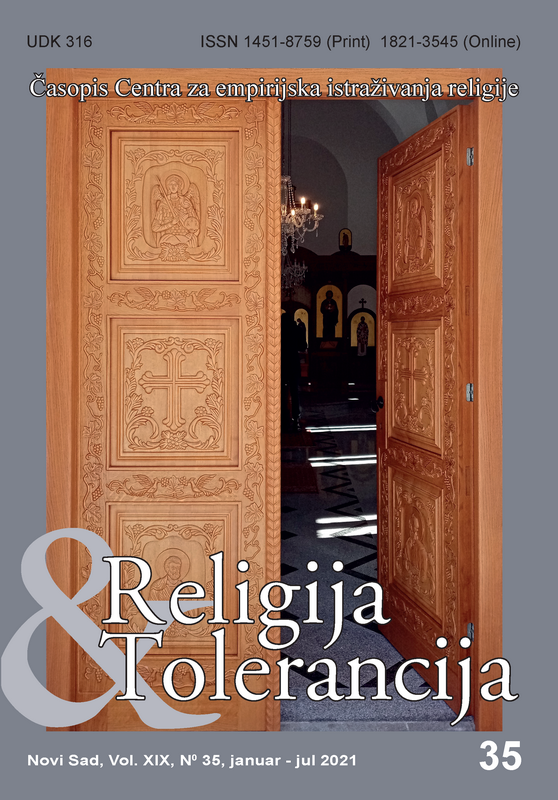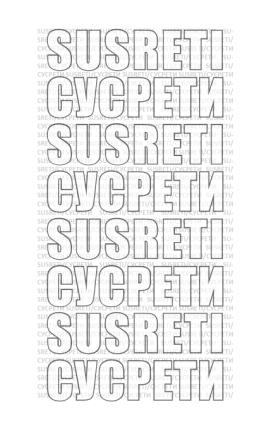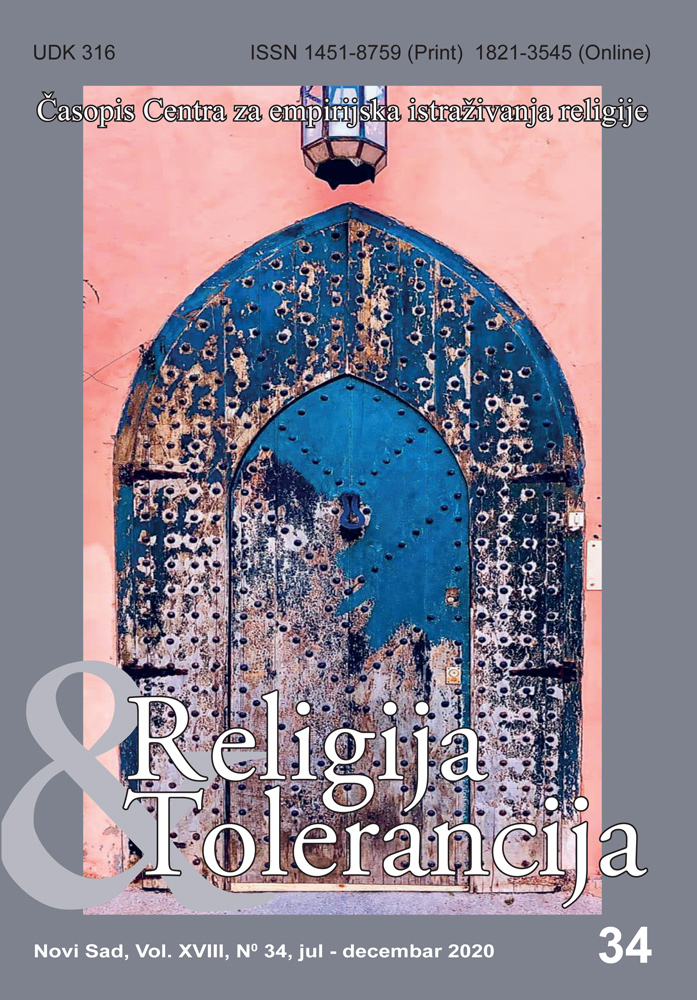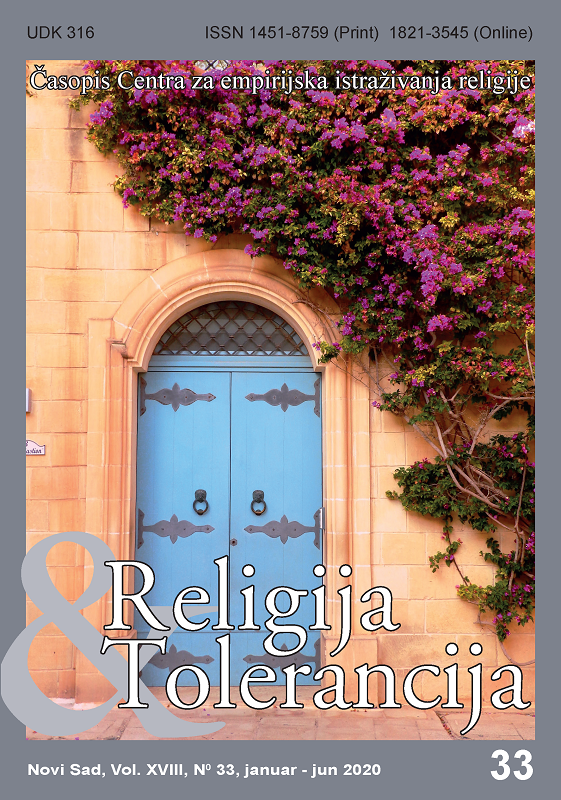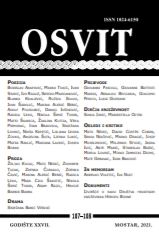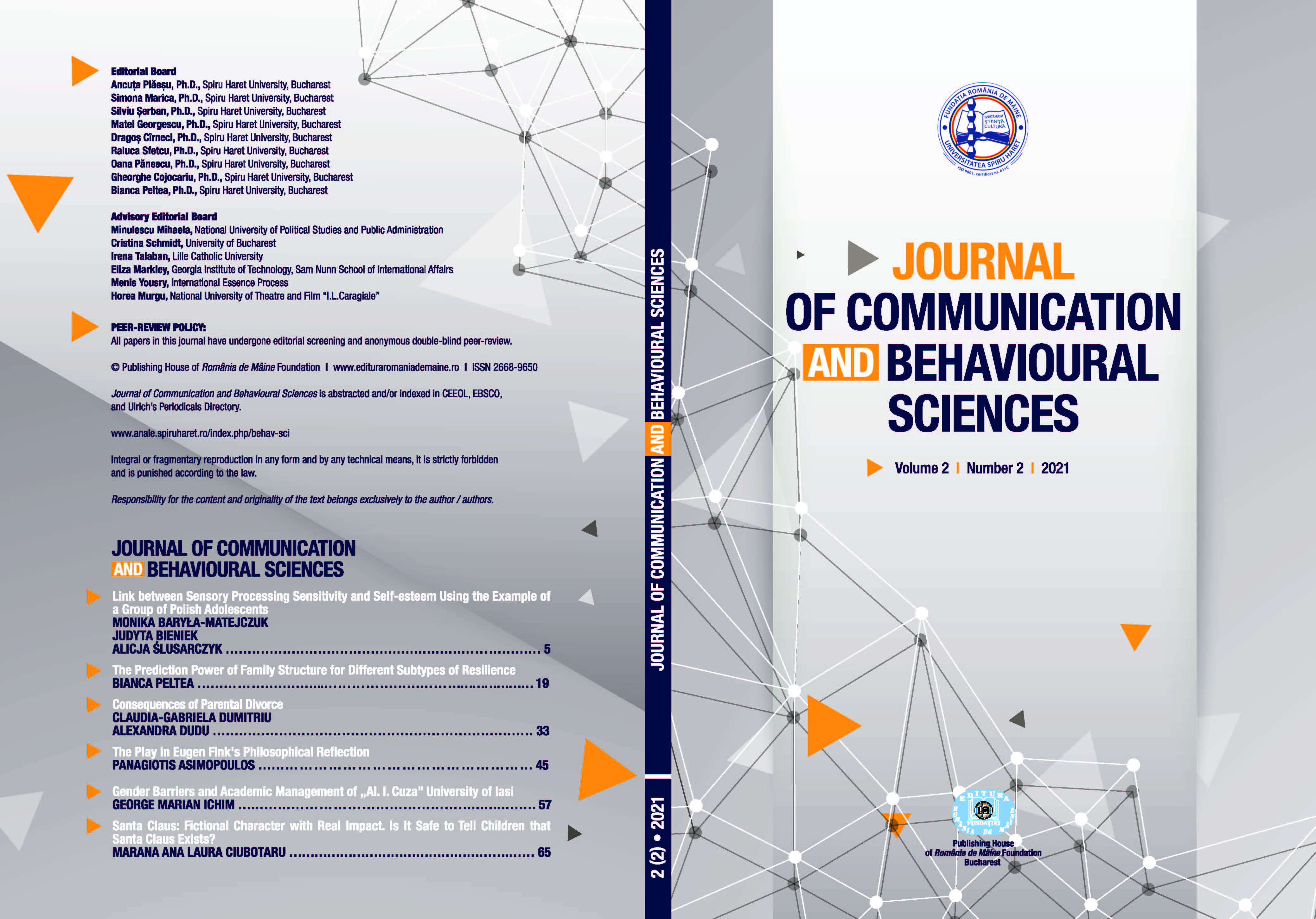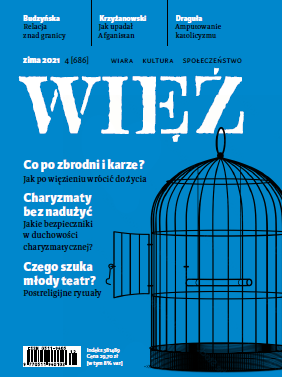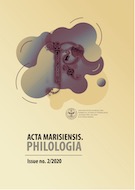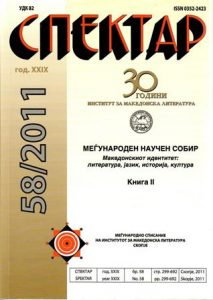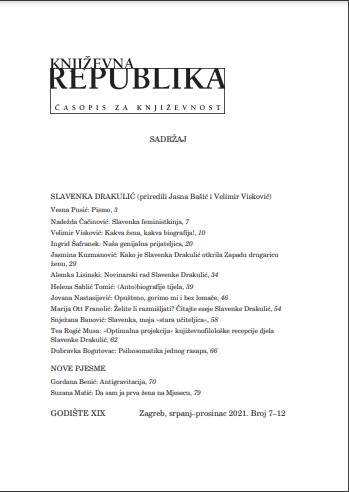Author(s): Milan Damjanoski / Language(s): Macedonian
Issue: 58/2011
One of the predominant discourses with which Macedonian culture is in constant dialogue is the discourse of Europe and European culture. This dialogue is conducted within the framework of the broader discourse of the relation between
Europe and the Balkans, where Europe always has a dominant role within a
relation that can best be described as one between a colonizer and colonized.
Considering the fact that the representations of the Balkans conceived by Europe
have been well known and studied, this work is focused more on the second part of the equation, i.e. the attitude of Macedonia and Macedonian culture towards
Europe as the Other. The primary focus shall be on the contemporary Macedonian drama and the issue of representation of Europe in the plays of Goran Stefanovski, Jordan Plvnesh, Venko Andonovski and Dejan Dukovski whose plays are all watersheds of Macedonian literature and culture. The continuity of preoccupation and the complementary treatment of the character of Europe is a common theme of all the analyzed plays, which shall be considered from the point of view of the issue of victimization, a concept taken from Cvetan Todorov. At the same time, the analysis of this issue shall be also based on certain concepts used in postcolonial criticism. It will be concentrated on the representation and definition of the relationship between Europe and Macedonia, within which Macedonia reserves the position of the victim with all its related powerful symbolic and semantic values and benefits, but also the advantage of assuming a higher moral, psychological and qualitative position through the construction of the self as a subject that possesses valuable ethical, cultural, spiritual and civilizing values which the Other not only desires, but also fears. Consequently, we want to point to the fact that the space of Macedonian drama, along with the broader Macedonian society, is occupied , even preoccupied by the fixation of Europe as a colonizer trying not only to conquer us and impose its values, though decadent and morally degraded deep in its core. This is an indicator of the flux which Macedonian culture and society find themselves as they search for their identity and its verification, which is accompanied by a sense of threat resulting in the use of stereotypes. The presence and frequency of these stereotypes is indicative of the existence of a subconscious and repressed fear and insecurity, whereas the inability to overcome them leads to the acceptance of the role of the victim as an easier and readily available solution, but which also serves as a veritable mechanism for the construction of identity.
More...
